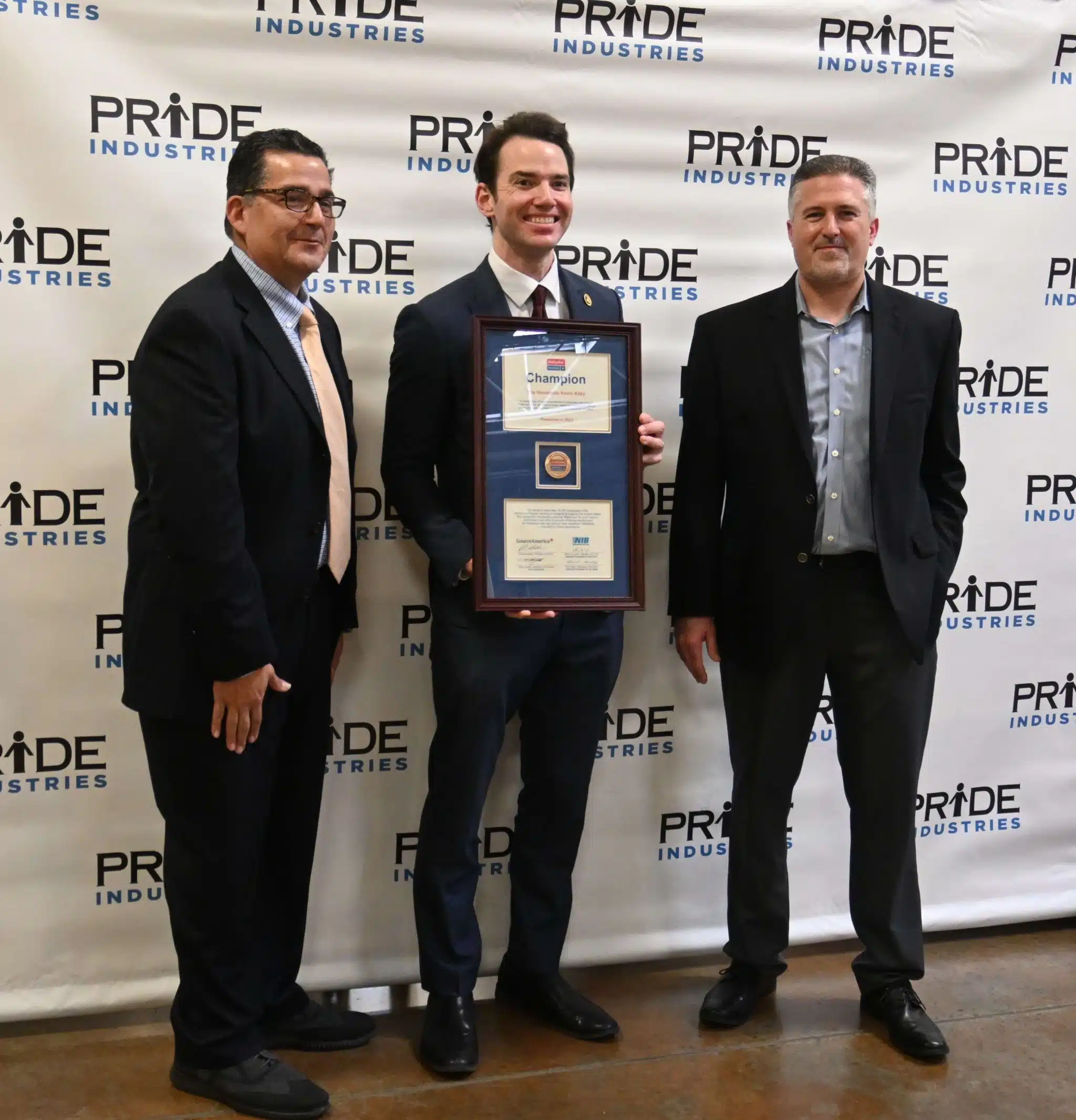Many hotel operators are wondering how to find employees. As a labor shortage threatens to impact businesses, there are good reasons to consider people with disabilities as an alternative hotel labor pool.
According to a recent survey conducted by the American Hotel and Lodging Association (AHLA), over 80 percent of hotels are experiencing staffing shortages—a number that has increased even as the pandemic has receded. Add to this a daily hotel room demand that’s expected to reach record highs in 2024, according to analytics firm STR, a division of CoStar, and it could mean the perfect storm.
Given this situation, many hotel operators are wondering how to find employees to fill an array of jobs, from housekeeping to food services to front desk positions.
The solution to finding hotel employees may be simple. Consider a nontraditional workforce in people with disabilities—because they make great hotel employees.
They’re Available
According to the Bureau of Labor Statistics, businesses that include people with disabilities reported a 72 percent increase in overall employee productivity—great news for any hotelier.
There are 22 million working-age people with disabilities, and just a third are employed. That leaves 14 million potential employees to fill hotel jobs. With unprecedented access to educational and training opportunities, this largely untapped talent pool is not only accessible—it’s also well-equipped for many hotel positions. Hale Pulsifer, Vice President of Customer Inclusion for Fidelity Investments, puts it this way, “For employers, it’s like discovering gold in the backyard.”
They’re Loyal
Not only are today’s hotel operators wondering how to find employees for their jobs, they’re also wondering how to keep them. According to the Bureau of Labor Statistics (BLS), the hospitality industry—including the hotel sector—has the highest annual turnover rate of any hospitality business. Employees with disabilities offer the antidote for this costly, disruptive trend—with exceptionally high retention rates leading to consistency, better customer service, and cost savings.
They Improve Morale and Customer Service
Studies have shown that the presence of employees with disabilities boosts overall workplace morale and reflects an employer’s commitment to inclusion. And where morale is high, customer service is better—a finding confirmed by Glassdoor’s 2019 study, which cited a direct link between workplace morale and customer service. In the hotel industry, where many jobs are customer-facing, workplace morale directly impacts the guest experience. High employee morale, then, translates into a better experience for hotel customers.
They Reflect Guest Diversity
A 2020 study by the Open Doors Organization found that the disability travel market is more robust than ever—to the tune of $58.7 billion, with growth projected to increase as the pandemic recovery continues. In an increasingly globalized world, hotels welcome a more diverse clientele than ever before—including people of varying abilities. A truly welcoming hotel staff should reflect the diversity of its customers.
They’re Empathetic
According to EHL, the world’s leading source of hospitality education, empathy is the key to hotel customer satisfaction. “Exceptional service is provided by those who don’t only respond to a request or complaint, but those who also empathize with the guest.” Living with a disability is not without challenges—which is exactly why people with disabilities tend to rank high in empathy. A 2016 study published in the peer-reviewed scientific journal, Emotion, found that people who have navigated significant adversity exhibit higher degrees of empathy than those who have not.
They’re Adaptable
The hotel workplace is a dynamic one where adaptability is imperative. Guests’ travel plans can change on a dime, as can their needs during a stay. Hotel operators can experience vendor delays, HVAC might seize, plumbing might clog, and the hotel’s best chef might call in sick—each necessitating an operational pivot. As high as people with disabilities tend to score on the empathy scale, they also rank high in adaptability. “Generally, people with disability demonstrate huge resilience and adaptability,” said Llewellen Prain, Deputy Chair for Canada’s Greater Western Water. “They are also great problem solvers because life involves a lot of workarounds every day.” In an article for Inclusion Hub, disability advocate Chelsea Perry echoes this sentiment, saying, “We’ve perfected important soft skills like adaptability.”
They’re Productive
Research by DuPont and Virginia Commonwealth University National found that employees with disabilities perform equal to or better than their counterparts without disabilities. Moreover, according to the Bureau of Labor Statistics, businesses that include people with disabilities reported a 72 percent increase in overall employee productivity—great news for any hotel operator wondering how to find employees.
How to Tap Into this Stellar Talent Pool
Are you wondering how to find employees for your hotel jobs? PRIDE Industries can help. As the nation’s leading employer of people with disabilities, we have unique access to this talent pool in numerous communities across the country. We hire and manage the employees and serve as the employer of record, minimizing the risk to hotel operators. Our employment coaches provide hands-on, on-the-job support, including job coaching, advocacy, problem-solving, and conflict resolution—all leading to smooth operations.
We’ve helped hundreds of businesses—including some of the country’s most prestigious hotels—build a workforce that they can rely on. And we can help you, too.


